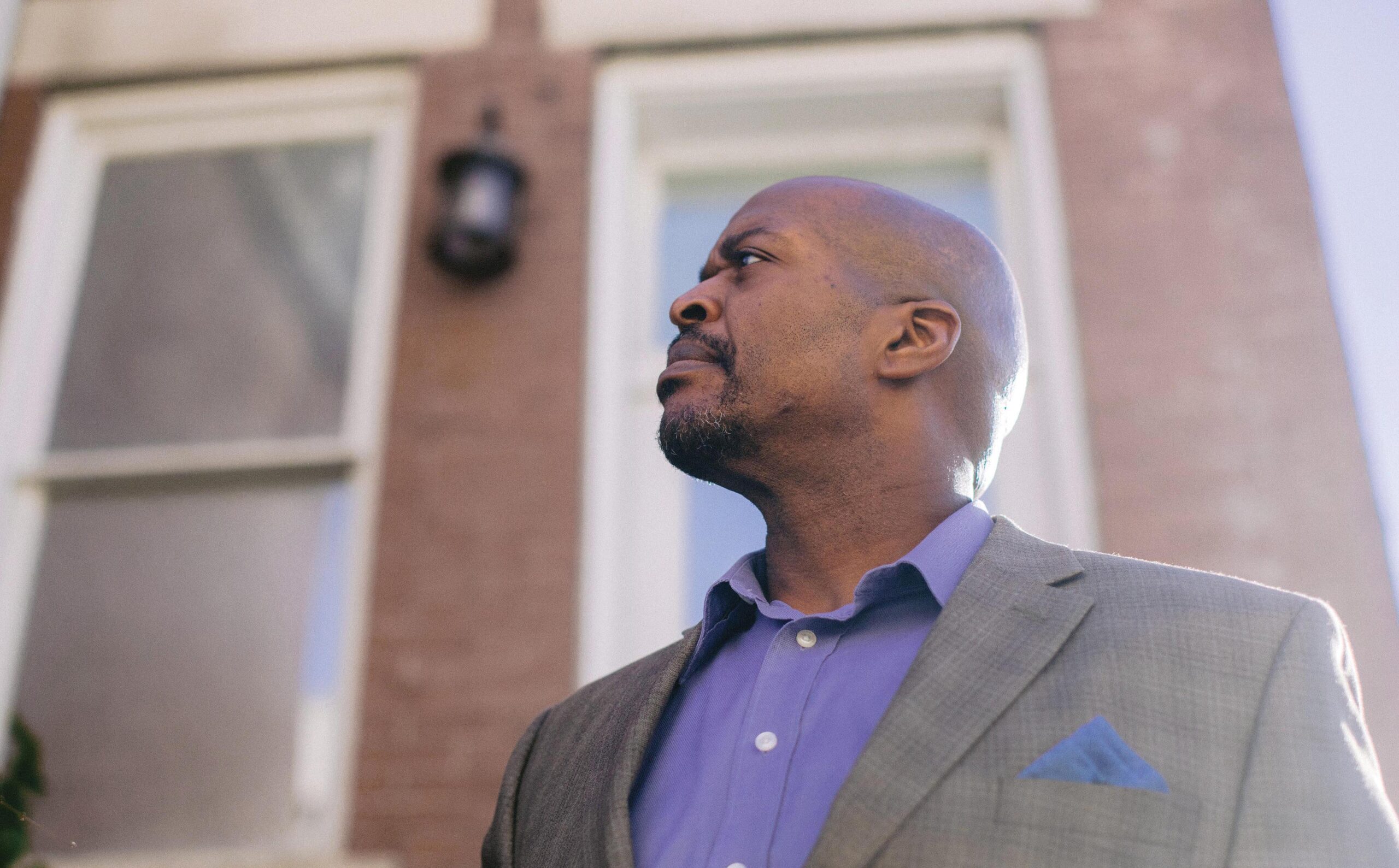It’s the time of year when many gardeners and farmers are anxious to put seed in the ground. Over the next month, millions of seeds will be planted as the earth warms. But the work doesn’t end (or begin) with the planting. Those serious about reaping a harvest pay attention to the context of that seed. They monitor soil composition, moisture, air temperature, pests, weeds, and a host of other factors, all with one goal in mind — to see their plants grow and thrive.
The pursuit of flourishing is good because creation is made for it: “Let the earth produce vegetation: seed-bearing plants and fruit trees on the earth bearing fruit with seed in it according to their kinds” (Gen 1:11). And so it goes with plants and trees, sea creatures, birds of the air, livestock, crawling things, wildlife, and humans — the Lord made the earth a place for flourishing in every respect.
The first man and woman did not prove to be competent gardeners. Tempted by the serpent in the garden, they rebelled, and death entered the world. No longer would the earth cooperate with their efforts to cultivate it. Thorns and thistles would grow, making it frustrating work just to get bread. Because of their rebellion, the humans themselves would not thrive as they were created to; instead, they would return to dust, die and decay (Gen 3:17–19).
But the Lord would not let his creation wither forever. To the serpent, he made a promise: “I will put hostility between you and the woman, and between your [seed] and her [seed]. He will strike your head, and you will strike his heel”(Gen 3:15). This promised “seed” was onewho would come to destroy the serpent and restore creation. The Bible is the story of that promised seed and the hope that grows from it.
In the book of Isaiah, the 53rd chapter, we read that the promised seed will both grow and bring abundance. We also see that, when the seed does grow, no one will believe that it is indeed the promised one. It will appear “like a root out of dry ground.” Of course, a root in dry ground just withers and dies.
Isaiah’s words anticipate those who would later condemn Jesus, the promised seed, at the time of the crucifixion, but Isaiah anticipates us, too. Because, if we’re honest, we know that we tend to measure worth, success, and the good life by the world’s metric, rejecting that of God’s kingdom. Isaiah gives us a glimpse of what God’s kingdom metric looks like.
First, Jesus’ perishing was for our sake. Because “we all have turned to our way,” we deserve to be crushed, not to be healed, not to have peace. From the world’s perspective, it appeared Jesus was struck down by God because he deserved it. In truth, “he was pierced because of our rebellion, crushed because of our iniquities.”
Second, as Paul would explain to the Philippians, Jesus did not resist this fate (Phil 2:6–8). His suffering was voluntary:
He was oppressed and afflicted,
yet he did not open his mouth.
Like a lamb led to the slaughter
and like a sheep silent before her shearers,
he did not open his mouth. (Isa 53:7)
Third, Jesus chose humiliation. From the world’s perspective, the cross is weakness and death. In the world’s eyes, as “he was taken away because of oppression and judgment,” Jesus was victimized — arrested and tried illegally, abused and denied basic human rights, falsely condemned and wrongly executed. “And who considered his fate?” Isaiah asks. In other words, “Who cared that this was happening to him?” Jesus was humiliated before the watching world, which only spat in his face and mocked him. Those condemning him did not care; they considered him no more than a common rebel. According to their plan, his body would have been thrown away with the other criminals in a mass grave, had not a rich man requested the body be buried in his own tomb.
We’re reminded that God’s ways are not our ways. The crucifixion was quite the opposite of a Messianic failure. This humiliated man was the promised seed. And the cross, though a barren and dry place, was fertile ground.
The final verses of Isaiah 53 show us what comes from the humiliation of Jesus. Mark that word — “from.” The outcome is not in spite of his voluntary humiliation but a direct result of it. Isaiah writes that only once he is slain as the sacrifice will the Lord “prolong his days” (Isa 53:10). Why does this come only “after his anguish?”
Isaiah explains:
By his knowledge,
my righteous servant will justify many,
and he will carry their iniquities.
Therefore I will give him the many as a portion,
and he will receive the mighty as spoil,
because he willingly submitted to death,
and was counted among the rebels;
yet he bore the sin of many
and interceded for the rebels. (Isa 53:11–12)
Notice those words — “therefore” and “because.” Jesus will receive a reward — a people for his own possession — because he carried their sin and “willingly submitted to death” to intercede for them. He submits to condemnation so that rebels might receive justification; he is voluntarily humiliated for the sake of his enemies.
This is what Paul explains in Philippians 2: “For this reason God highly exalted him and gave him the name that is above every name.” Because Jesus humbled himself to the point of death for us, God highly exalted him above everyone else. The only path to glory is through the cross.
The cross is about dealing with past sin and a future resurrection. And, the cross empowers us to live in a new way today.
The crucifixion frees us from the world’s value systems to treasure the kingdom of Christ. The cross turns upside down what we understand flourishing to mean — in finances, business, reputation, politics, relationships, living, dying, and every other area of life. What looks weak in the world is now strength, what looks like failure is success, what looks like poverty is wealth. And what looks like death is life.





